When we see yellowing on foliage such as this there are two possible causes and without testing in a lab it’s impossible to say with certainty which you are seeing. That said, at the bottom of this message we’re listing the action that you can take that might help. Yellowing of leaves in this manner can either be a nutrient issue or a virus. There is no cure for viruses in plants. The first thing you can do is to cut off the worst of the leaves and throw them away. This will improve the look of the plant and will allow you to monitor the plant more easily. Next, have the pH of the soil tested. Clematis prefer a pH between 5.5 and 7 – anything outside of that range might result in a nutrient deficiency. Sometimes plants show symptoms if nutrients are out of balance as well. For example if too much phosphate is applied (super phosphate) or too much magnesium (Epsom salt) that can make other nutrients unavailable to plants. So in general it’s always best to use a fertilizer that is slow-release and balanced. An example of such a product would be Plant-tone by Espoma. If the leaves continue to yellow you might want to have a complete soil test done that includes pH as well as nutrient levels to see if something is out of balance. Finally, an application of composted manure around the base of an ailing plant, and a deep soaking once a week (not more often) is never a bad idea.
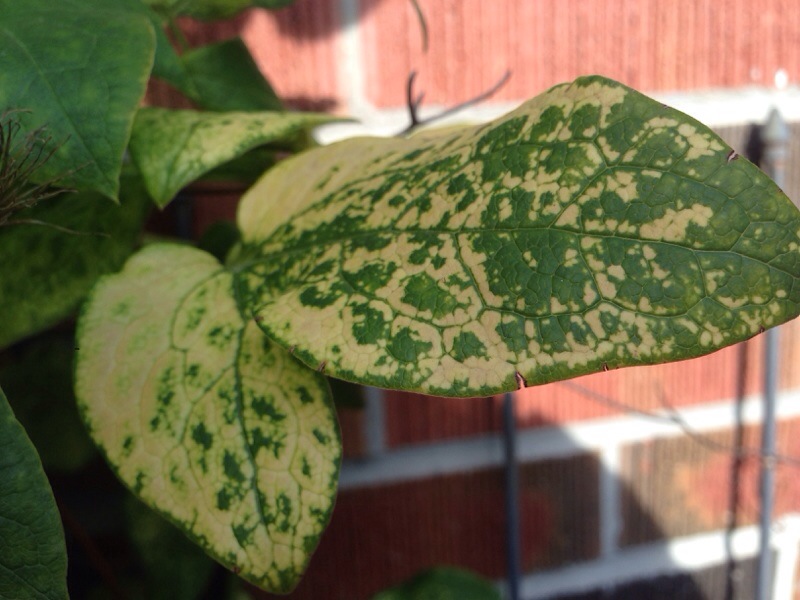
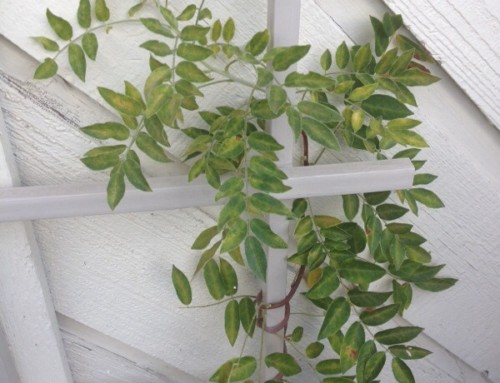
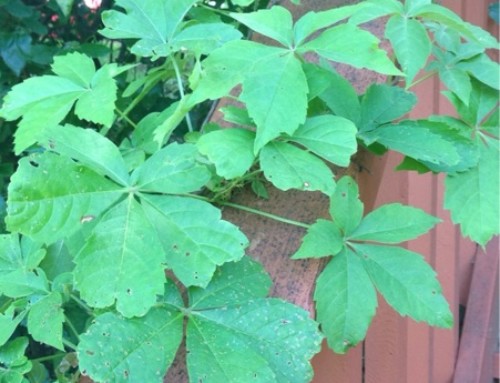
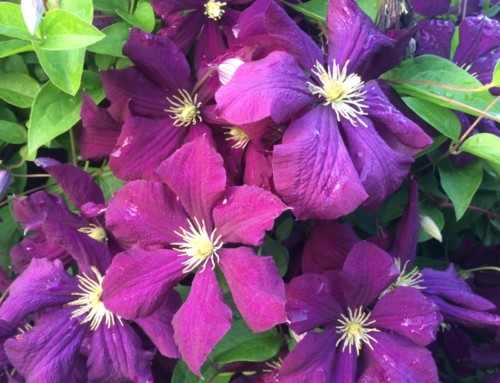
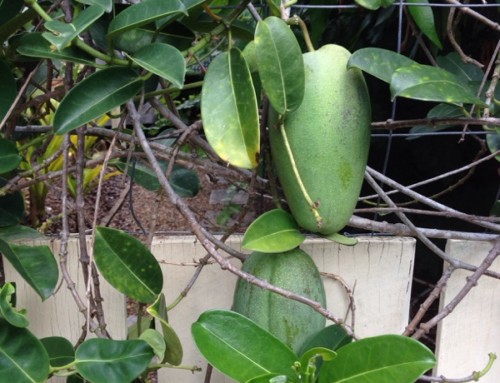
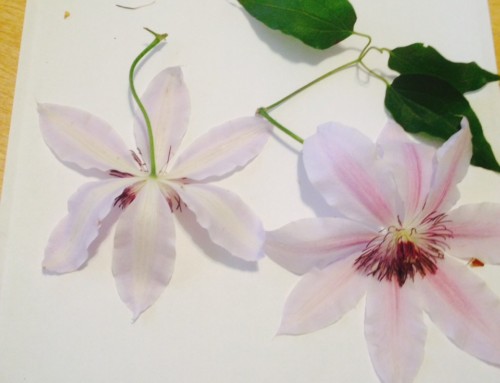
Viruses usually show up as yellow around edge of leaf. Nutritional and mite problems cause loss of leaf color.